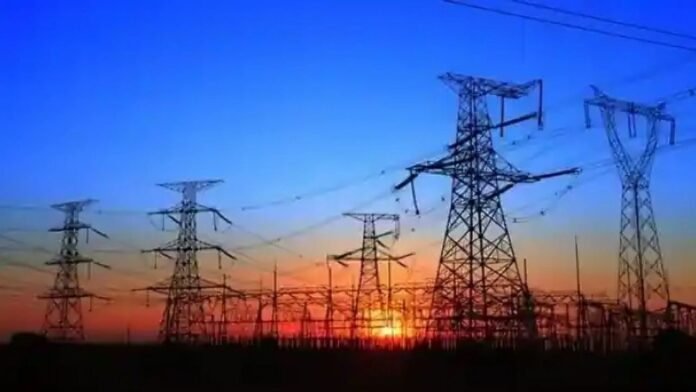NTDC Report: During the recent hearing on the July Fuel Price Adjustment at the National Electric Power Regulatory Authority, many people raised concerns about the excess power charges applied to the kWh consumed and the resulting electricity tariffs. Among the significant points that stood out during the hearing was searching for the cause of the imbalance in the consumers’ electricity consumption and the capacity charge levied on them. A person who consumes only 12 to 13 megawatts of power actually pays the power capacity charges for around 40,000 megawatts of power usage.
Impact of Fuel Price Adjustment
The Central Power Purchasing Agency (CPPA) officials were informed of the July Fuel Price Adjustment and its repercussions on the recipients. The CPPA adjusted upward, but the CPPA net consumer was a loss benefit for consumers of about 4.5 billion rupees. This relief will be available on the bills in September, giving the public a bit of ease in the environment due to high electricity charges.
Worries Regarding Increased Electricity Tariffs
The members of NEPRA raised serious worries about the increasing rates of electricity and its consequences for the industrial sector. Maqsood Anwar, a member of NEPRA from Khyber Pakhtunkhwa (KP), noted that many businesses are sleeping under the cost of electricity. He added that this had slowed the pace of industrialization, which is critical in any economy.
In the same way, Rafiq Sheikh, also a member of NEPRA from Sindh, raised the issue of electricity bills becoming increasingly a burden to households that use electricity. He said that the electricity bills now exceed even the house rents, which has caused the consumers a lot of mental suffering. In total honesty, Sheik admitted their pain, stating they could not bear such humiliation, and such reports make them bow their heads in shame.
Capacity Charges and Burden on Consumers
The gap between the stated capacity of the National Electricity Supply Corporation and the consumers’ actual ‘ommodity was one of the issues that ate into the hearing time. Guzar Khan and other officials of the National Transmission and Despatch Company (NTDC) informed the hearing that when a consumer connects and uses only 12 to 13 megawatts of electricity, the consumer still pays less than the cost associated with generating 40,000 megawatts. This situation creates an uncalled-for burden on consumers regarding their financial outlay, raising the cost of electricity even higher.
NEPRA’s Decision and NEPRA:
The conference on Fuel Price Adjustment, as anticipated by the hearings, ended NEPRA’s review of the matter. Nevertheless, we have yet to make a conclusive decision because we need to put in further efforts and evaluations. We will determine how much relief consumers will receive, and considering NEPRA’s judgment, we will address the broader issues of capacity payments and electricity tariffs.
The NEPRA’s Fuel Price Adjustment for July by the NEPRA brought forward some pressing issues facing electricity consumers in Pakistan. Energy characteristics of the reports demonstrated that high electricity tariffs and capacity charges are highly detrimental to the consumers’ pockets. Consumers act that the suggested adjustment provides some relief, but much more support is still required regarding electricity pricing and how that affects industries and households. All other stakeholders will be optimistic about the position that NEPRA will eventually develop.


